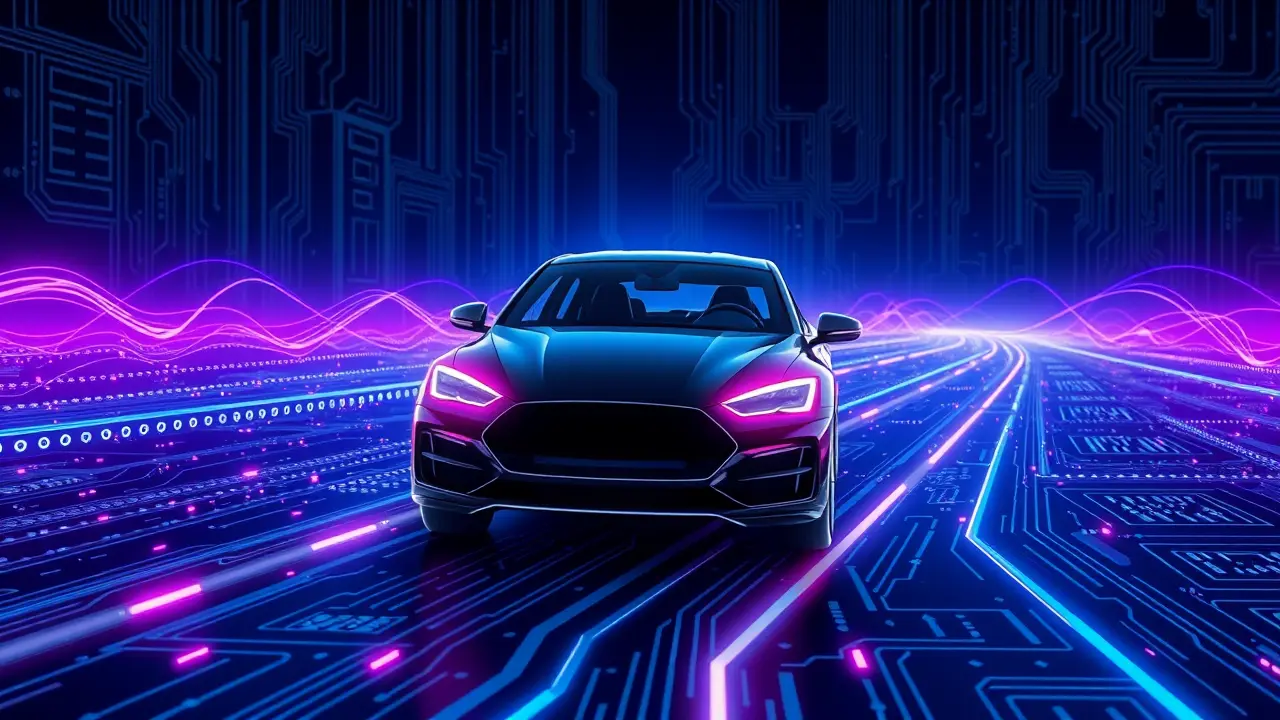
Politicssanctions & tradeTrade Deals
China to Loosen Chip Export Ban to Europe After Dispute
OL
Oliver Scott
2 days ago7 min read
The simmering geopolitical fault line between global superpowers has just experienced a significant, if tactical, shift, as China signals its intention to loosen its stringent export ban on critical semiconductor chips to Europe. This development arrives not a moment too soon, following a dispute that sent shockwaves through the very foundation of the global automotive industry, placing carmakers from Stuttgart to Detroit on high alert over the terrifying prospect of a complete production standstill.The initial confrontation was a classic case of economic brinksmanship, a high-stakes gambit where the EU's push for technological sovereignty and diversification of its supply chains collided head-on with China's strategic control over the semiconductor raw materials and manufacturing capacity that have become the lifeblood of modern manufacturing. For risk analysts who track the delicate balance of global trade, this was a textbook scenario of a cascading supply shock.The automotive sector, already battered by years of pandemic-induced chip shortages, found itself staring into the abyss; a full-blown ban would have idled assembly lines within weeks, crippling a multi-trillion dollar industry and triggering mass layoffs, not to mention sending consumer prices for new and used vehicles into the stratosphere. The underlying tension, of course, extends far beyond car parts.It's a proxy war in the broader techno-economic cold war, where chips are the new oil and control over their supply is a primary instrument of statecraft. China's calculated move to de-escalate with Europe is a masterstroke in geopolitical risk management, effectively driving a wedge between transatlantic allies by offering Brussels a reprieve that Washington is unlikely to receive, thereby testing the cohesion of Western alliances.One must consider the scenario planning that likely occurred in European capitals: without these chips, the continent's ambitious green transition, predicated on a massive rollout of electric vehicles laden with sophisticated electronics, would have been derailed, handing a unilateral advantage to Chinese automakers who operate with domestic supply chain immunity. The resolution, therefore, isn't merely a trade agreement; it's a temporary ceasefire in a larger conflict.The long-term consequences are profound. This episode will undoubtedly accelerate the EU's Chips Act ambitions, pouring billions into building homegrown fabrication plants, but that is a decade-long project.In the immediate term, it creates a fragile dependency, reminding every corporate boardroom that their just-in-time supply chains are terrifyingly vulnerable to political whims. The risk premium on doing business across geopolitical blocs has just been recalibrated upwards, and the world has moved one step closer to a fragmented, bipolar technological ecosystem where trade is no longer just about commerce, but a fundamental tool of strategic competition.
#China
#Europe
#chip export ban
#semiconductors
#trade dispute
#automotive industry
#supply chain
#featured
Stay Informed. Act Smarter.
Get weekly highlights, major headlines, and expert insights — then put your knowledge to work in our live prediction markets.
Comments
It’s quiet here...Start the conversation by leaving the first comment.
© 2025 Outpoll Service LTD. All rights reserved.